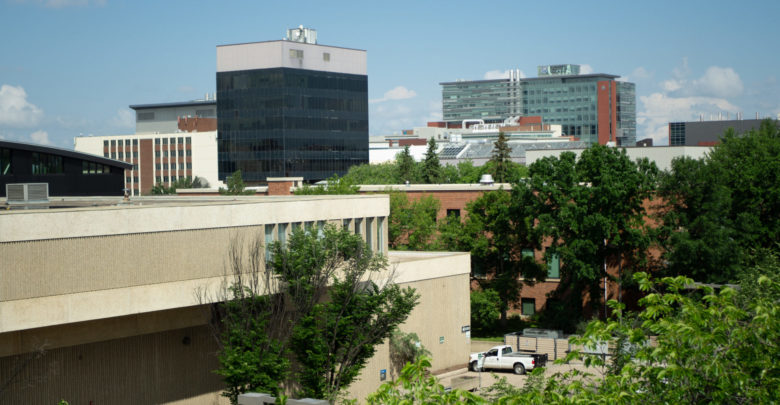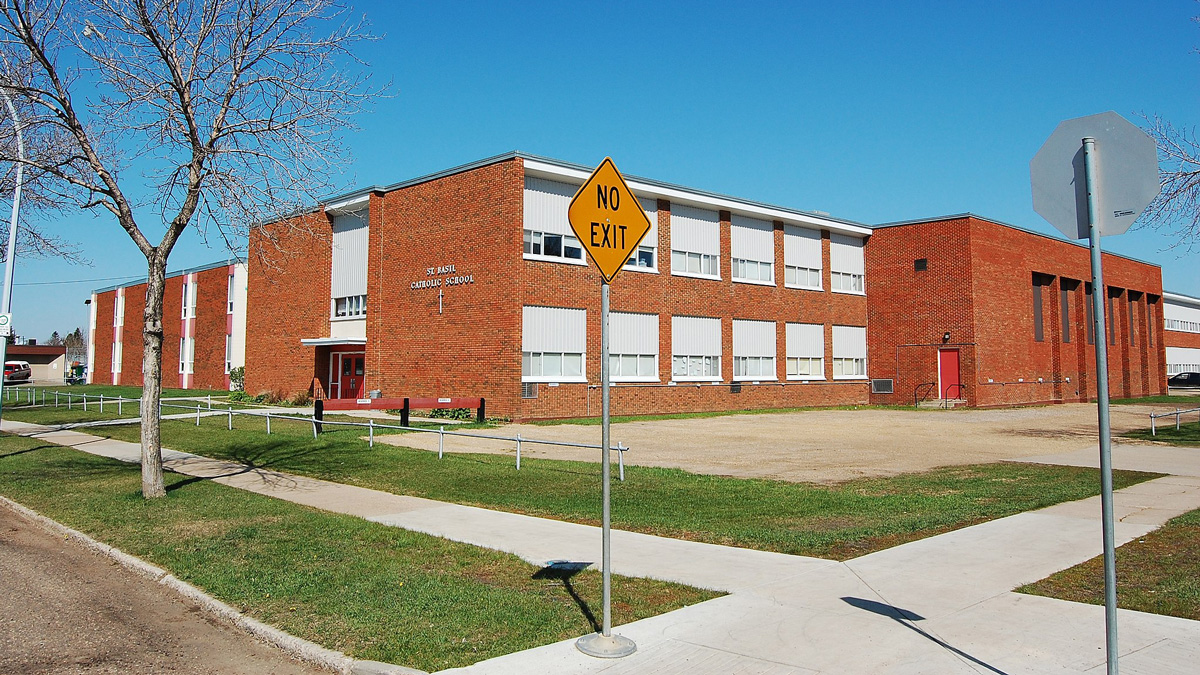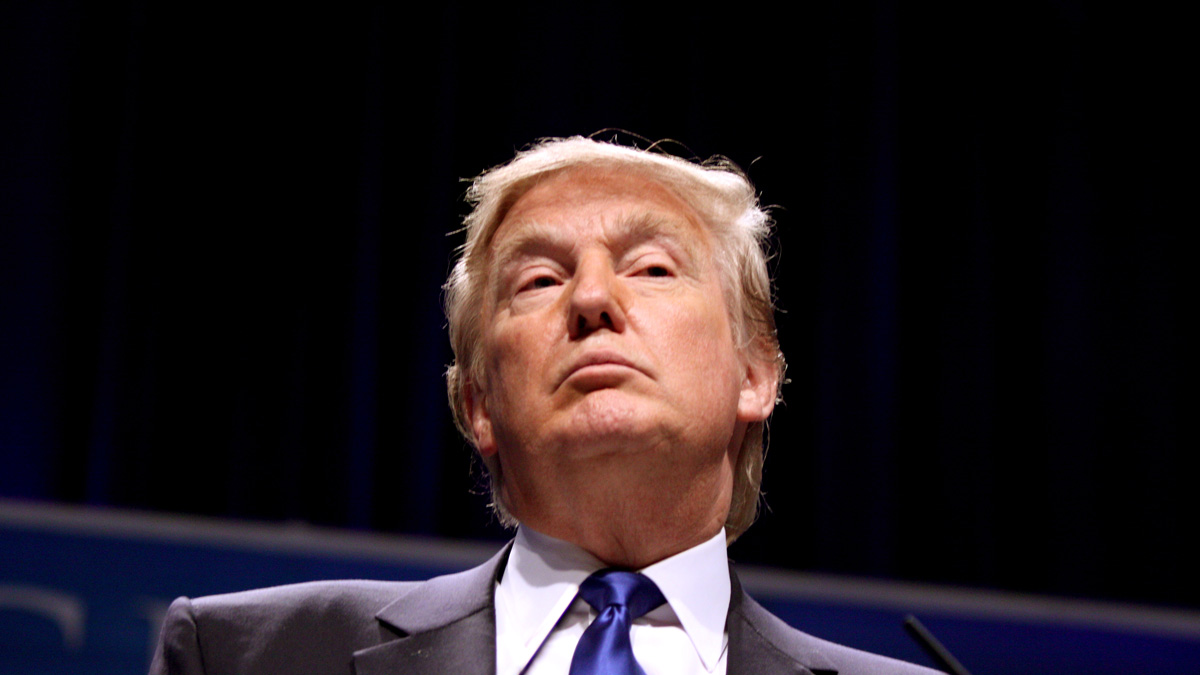 Helen Zhang
Helen ZhangIn theory, having an office dedicated to equity, diversity, and inclusion (EDI) is great for a university. In practice, it seems to do little to progress those values at the University of Alberta.
Following the removal of the Palestine solidarity encampment from Main Quad on May 11, the EDI office remained quiet on the topic. And when it finally did speak to the campus community, it was vague and disappointing. The EDI office shouldn’t be quiet on the forceful removal of protesters from our campus. Especially considering that many protesters were people of colour and part of religious minorities. It’s glaringly obvious to most people on campus that this was an incredibly harmful decision by the university. Disappointingly, the EDI office has done little in response to this.
A month after the encampment was removed from the university, the EDI office has still not made a public statement. The only written statement from the office came in a newsletter on May 24. A newsletter I didn’t even know existed and that students have to manually sign up for to receive.
Carrie Smith, vice-provost (equity, diversity, and inclusion), also attended the May 21 U of A Students’ Union (UASU) Students’ Council meeting. Additionally, Smith and the EDI office held a virtual meeting on May 30 to discuss the recent events on campus. But all of Smith’s responses — at council, at the virtual meeting, and in the newsletter — were all equally disappointing.
At the virtual meeting, Smith sounded like a broken record, repeatedly saying that her office was taking the time to listen before acting. But people’s frustration with the EDI office’s silence didn’t seem to make much of an impact. Four weeks later, the EDI office still hasn’t publicly said anything on the removal of the encampment.
Smith left out the details of what she had heard from the campus community, largely because of “confidentiality” reasons. While I respect that Smith wouldn’t want to disclose personal information, that isn’t a good enough reason for silence and inaction. Plenty of people have publicly expressed their feelings about the removal of the encampment. People have made their reactions and what they think the university needs to do to move forward clear. Yet, Smith wouldn’t comment on any of the specifics.
But the issues go further than Smith’s disappointing answers. At the Students’ Council meeting she said the university hadn’t consulted her office before they had the encampment removed. It’s also unclear if the university has consulted the EDI office since. If the university isn’t going to consult the EDI office before making major decisions, specifically when they affect minorities, what’s the point of the office?
Justifying the EDI office’s decision to not put out a public statement, Smith also repeatedly said that actions speak louder than words. I agree that words are pointless without action, but that doesn’t mean the EDI office should be silent. It means they need to follow through on what they say.
The EDI office’s website says it works to “enact core equity, access, and justice principles in all that [the university does].” Yet, what work they are doing after the events on campus is completely unclear. Smith also said on May 30 that she would support “the work in whatever form it takes” and that her “email [and] door is always open.” But Smith declined my request for an interview and did not respond to my emails.
So even the words “actions speak louder than words” rings hollow from the EDI office. Whether the root of the problem is the EDI office’s leadership or university administrators’ neglect of it, something needs to change. Otherwise, students are getting little out of having an office that does nothing in the face of harm to students and faculty.




